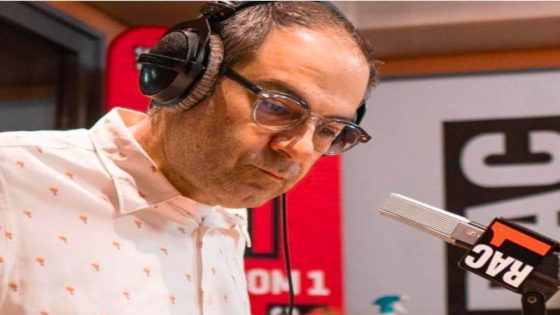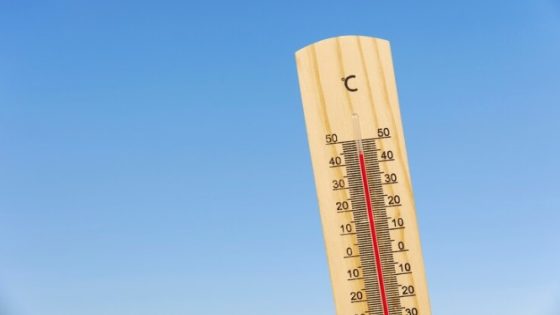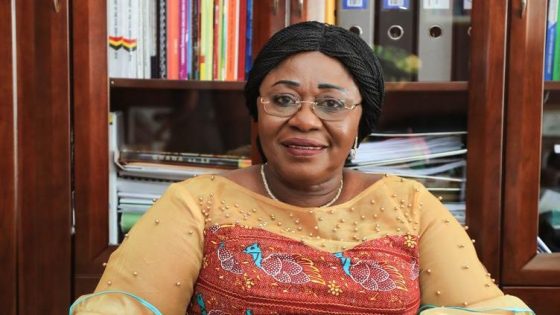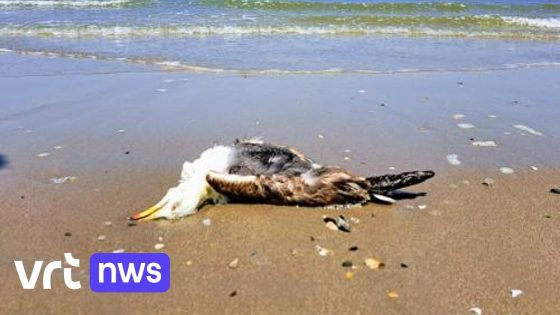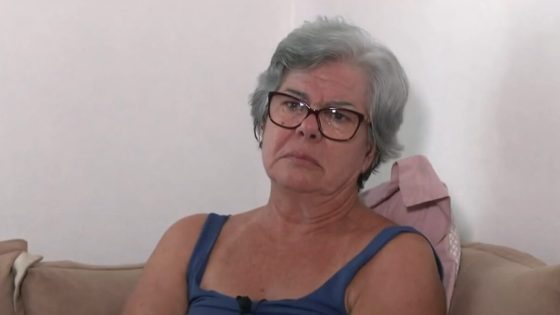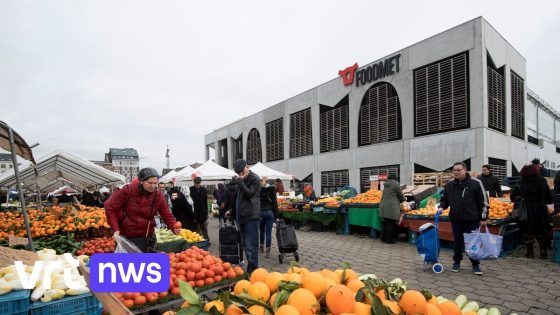On February 13, 2025, the World Radio Day brought together notable figures from the radio industry in Catalonia. Among them was Toni Clapés, who celebrated his 6,000th program at the Teatre Coliseum. During an interview with Rac105, Clapés shared his thoughts on the future of radio and offered a pointed comment about fellow broadcaster Josep Cuní.
- World Radio Day celebrated on February 13.
- Toni Clapés marks 6,000 programs milestone.
- Clapés suggests he could live without radio.
- Reflection on work addiction among professionals.
- Josep Cuní encouraged to retire gracefully.
- Importance of making space for new talent.
Why Toni Clapés Believes It’s Time for New Voices in Radio
Is it time for veteran broadcasters to step aside? Toni Clapés thinks so. He emphasized the importance of allowing fresh talent to shine in the radio industry.
Clapés’ Insight on Career Longevity in Radio
During his interview, Clapés discussed how some radio professionals struggle to let go of their careers. He pointed out that while he could envision a life without radio, many are “addicted to work.” This raises an important question: how do we balance passion with the need for change?
- Clapés celebrated his 6,000th program.
- He believes in the importance of new talent in radio.
- Clapés contrasted his views with those of Josep Cuní.
- He suggested that some professionals find it hard to retire.
Reflections on Josep Cuní’s Career in Radio
Clapés specifically mentioned Josep Cuní, who at 71 years old, has returned to public radio. Clapés humorously questioned whether Cuní should consider stepping back after a successful career filled with awards and accolades. This brings to light the broader issue of how long seasoned professionals should remain in the industry.
The Future of Radio: Adapting to Change
The radio industry is undergoing significant changes, with podcasts and digital platforms gaining popularity. Clapés suggested that if radio were to disappear, he might create a podcast instead. This reflects a growing trend where traditional broadcasters are exploring new formats to stay relevant.
In conclusion, as the radio landscape evolves, discussions like those initiated by Clapés are crucial. They encourage both established and emerging voices to think about their roles in shaping the future of broadcasting.



